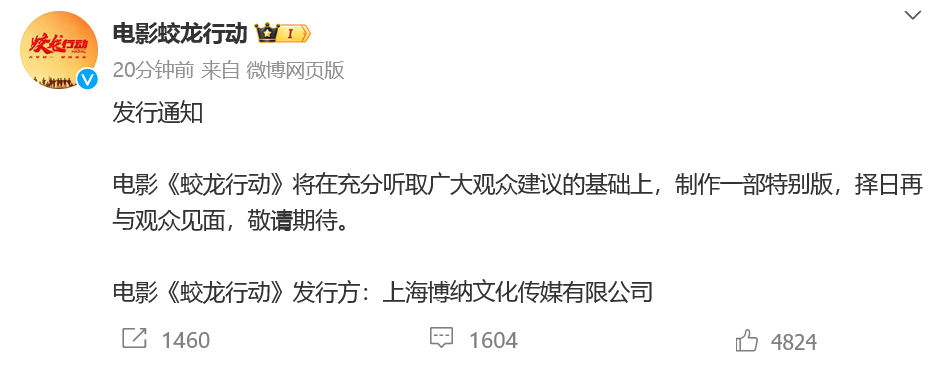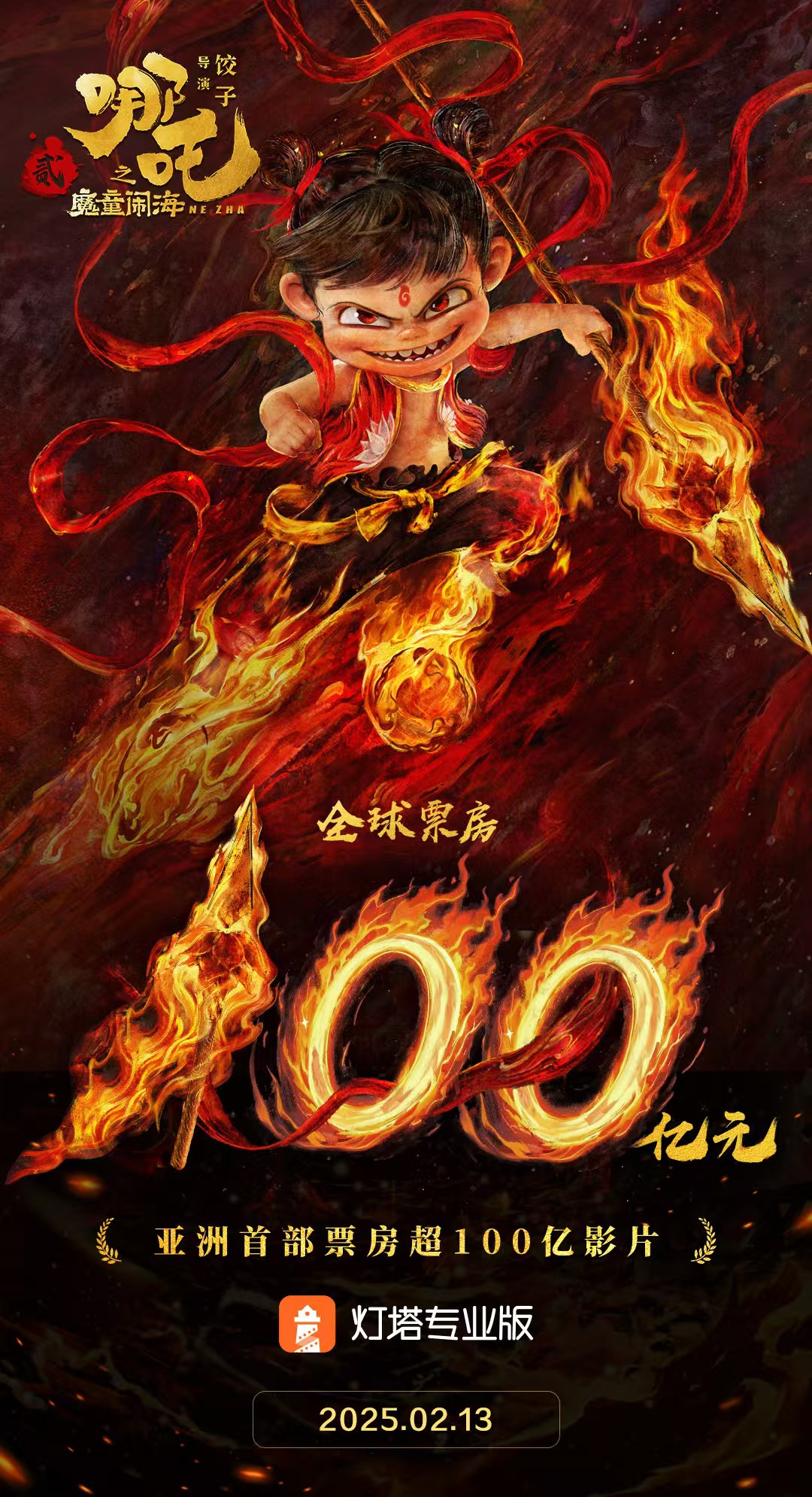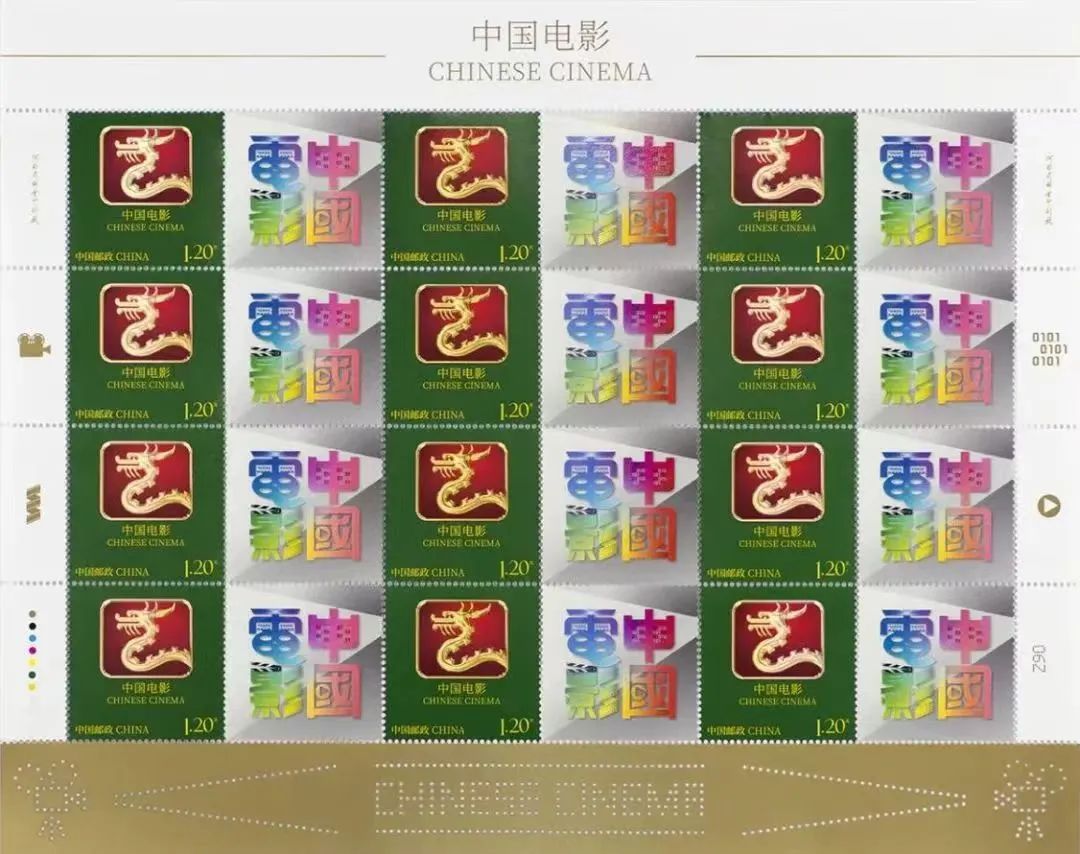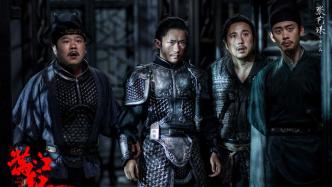
Directed by Zhang Yimou and co-written by him and Chen Yu, the movie "Manjianghong" uses the gongs and drums of opera, the opera business of Shengdanjingmo, opera gags, and the rock style "Five Worlds Invite Ying", "Mu Guiying in Command" The arias of classic Henan operas such as "Bao Gong Exploring the Yin Mountain" promote the reversal of the characters' personalities and plot trends, and use bolder "joking" methods to express that the writing of national memory and historical conclusions does not rely solely on history books and textbooks. Our national character The formation of family and country feelings may rely on the little people who are not recorded in official history.
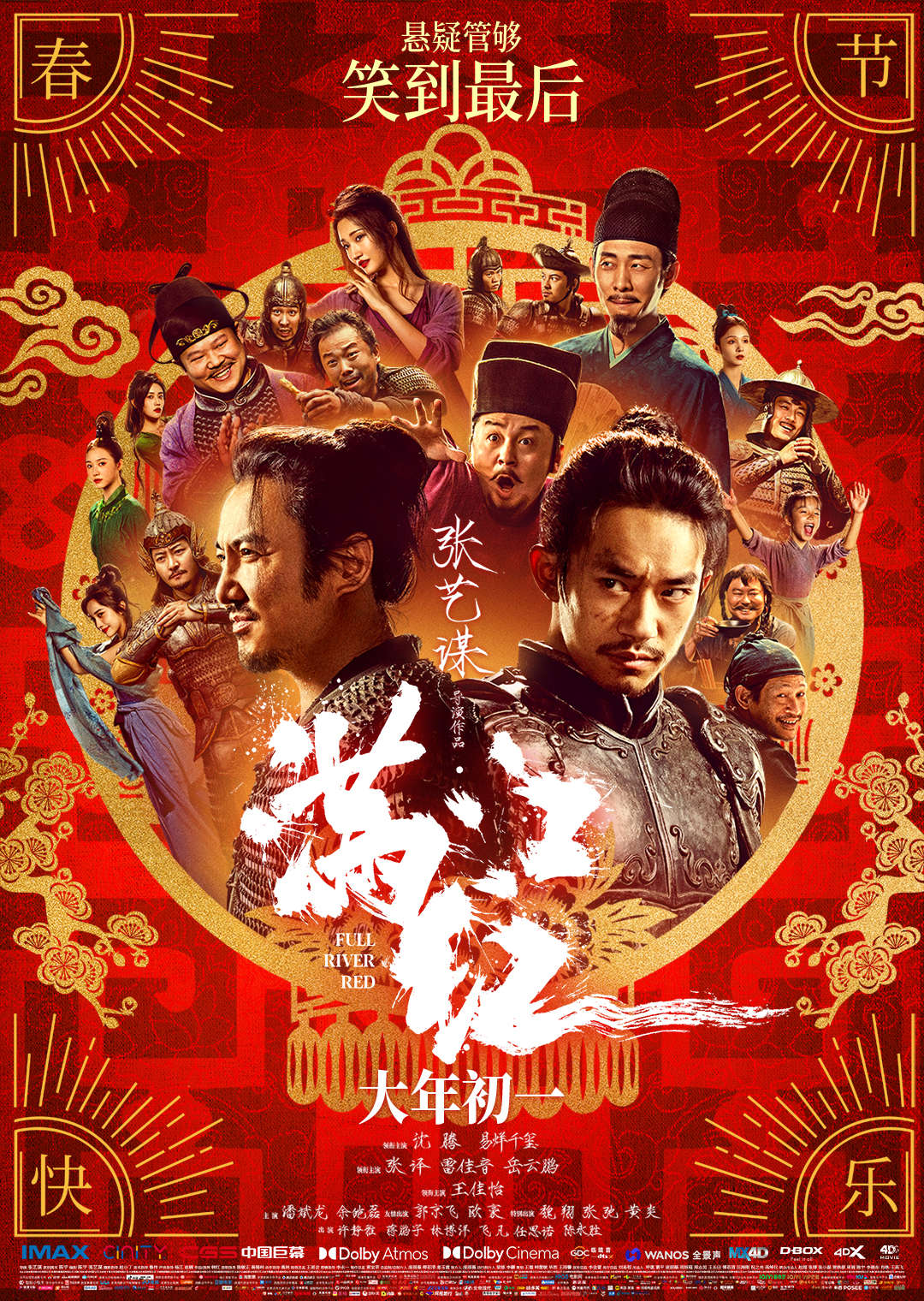
"Manjianghong" poster
It is one of Zhang Yimou's creative preferences to graft the situations and choices of small people with major historical moments. In addition to the fate of ordinary people being influenced by major events of the times, they are also working hard to rewrite the course of events by virtue of their own strength. Although the result of rewriting often ends in failure, Zhang Yimou often endows the behavior of small people and high-ranking people for the right to speak with romantic idealism. The same is true for "Man Jianghong", which combines elements such as history, costumes, suspense, comedy, and opera.
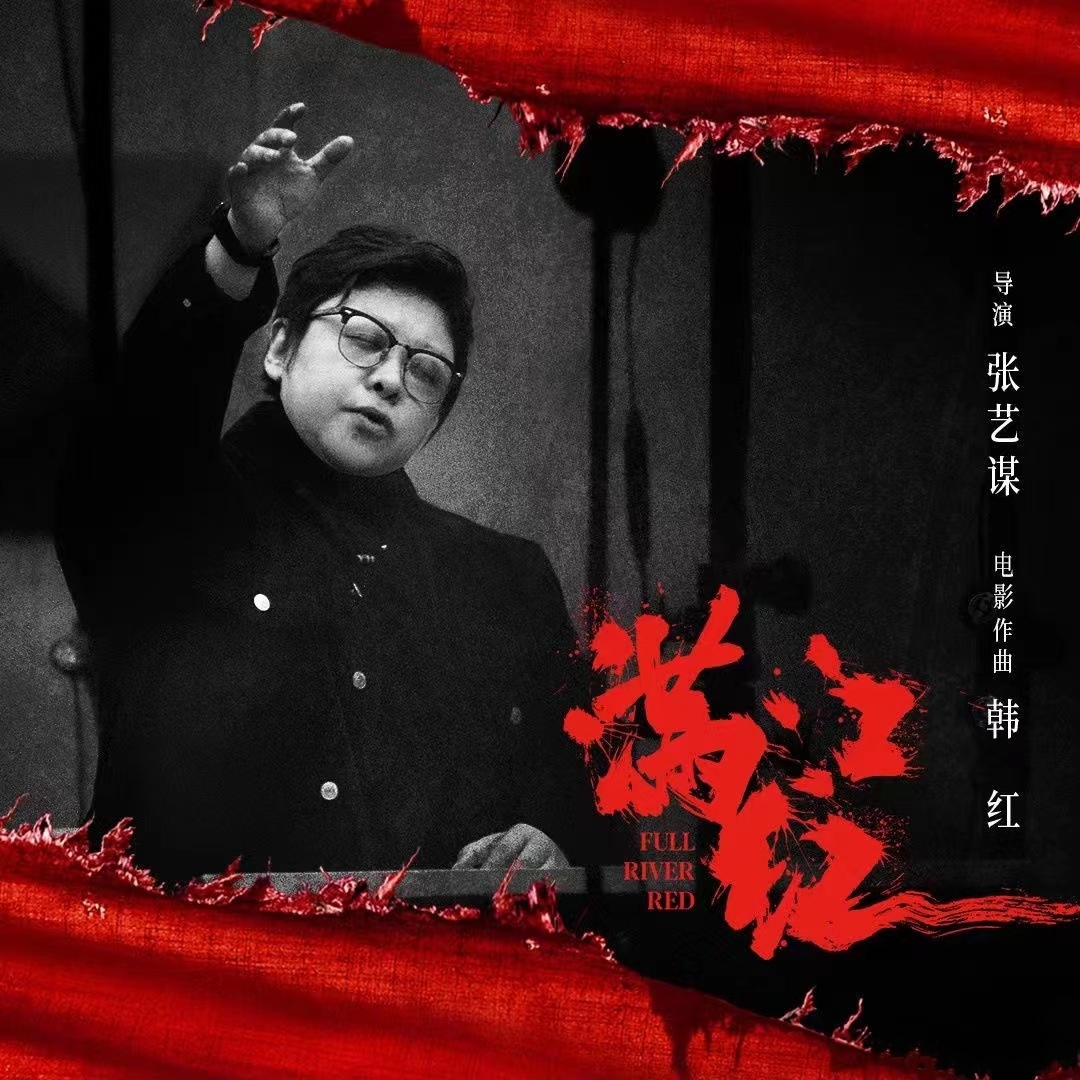
The soundtrack of "Man Jianghong" was produced by Han Hong
On the stage of Chinese opera, there are many works that express the righteousness of the family and the country, and many tragic heroes have been portrayed. The story of Yue Fei's "loyalty to serve the country" has been repeated in Peking Opera, Henan Opera, Bangzi, Qin Opera and other operas. Although there are more or less fictional elements and different perspectives in the interpretation of Yue Fei's story in different types of operas, the core narratives are all centered on historical conclusions, and the spiritual core displayed is also in the collective memory of Chinese people. category.
Zhang Yimou's previous works often incorporate opera and even quyi elements, allowing his narration to a certain extent break through the boundaries of "in and out of the play" and cast the color of the combination of fiction and reality. The music of the debut work "Red Sorghum" is dominated by musical instruments of northern folk art represented by suona, which aggravates the heroic level of the story. The transition in "Raise the Red Lantern" is completed by the variation of the opera. The third concubine played by Yue opera actor He Saifei has a lot of opera arias and figures. The shadow puppetry throughout "To Live" portrays the ups and downs of the Fugui family's fate depending on the times. In "Riding Alone for a Thousand Miles", Guan Yunchang, who is righteous in the Nuo opera, "helps" two father and son couples in China and Japan to achieve emotional reconciliation.
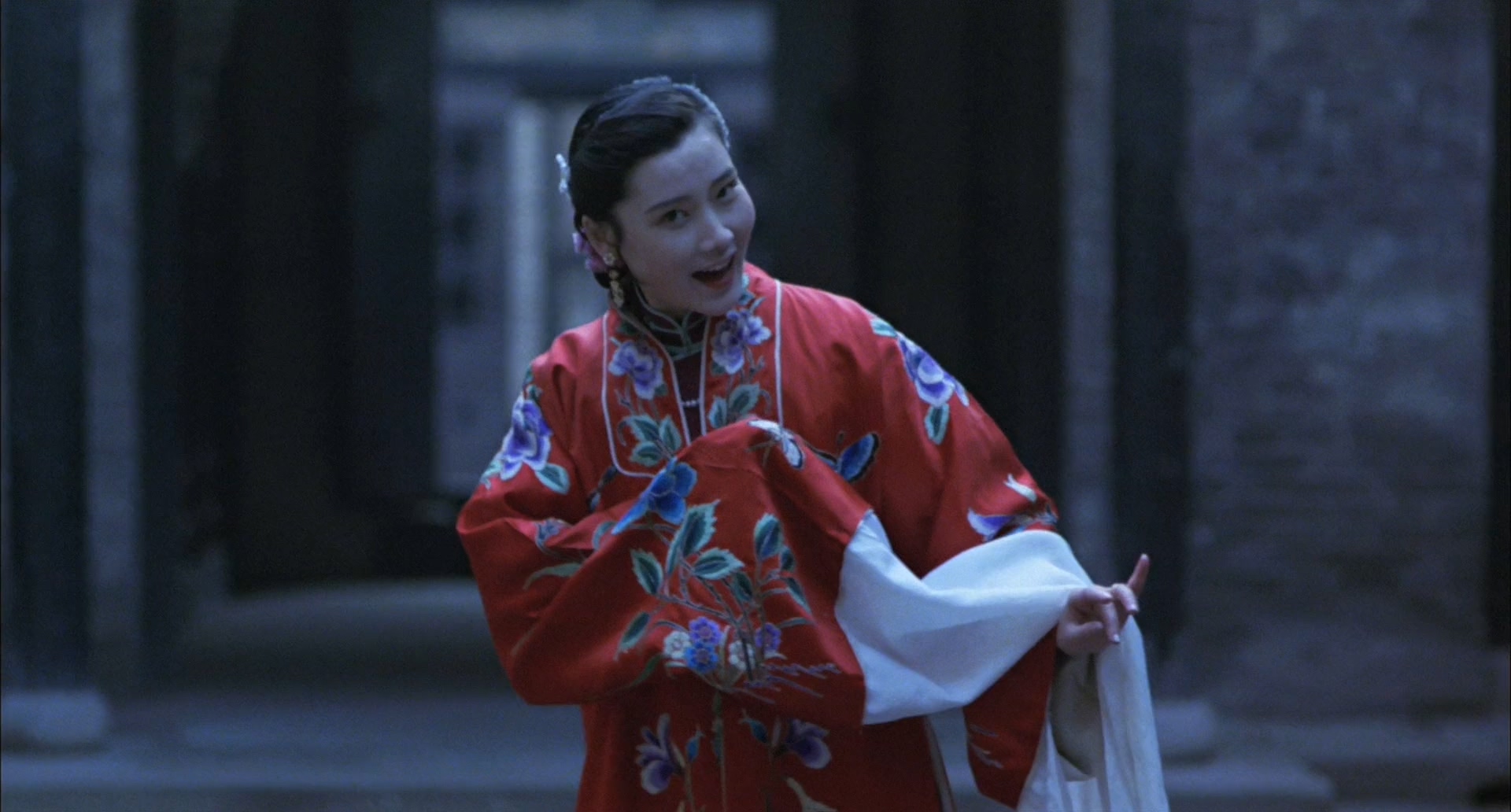
"Raise the Red Lantern" stills
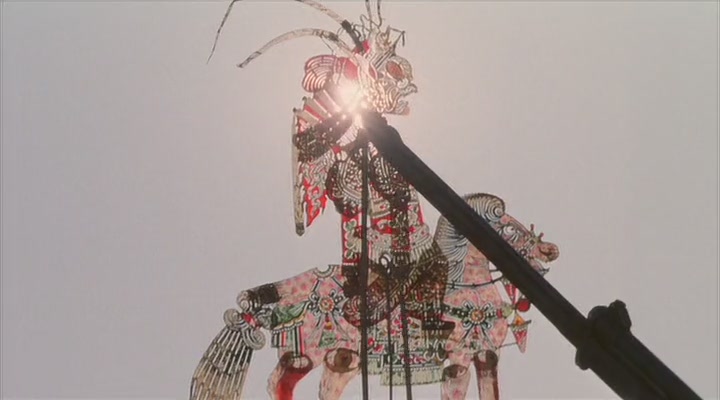
Stills of "Alive"
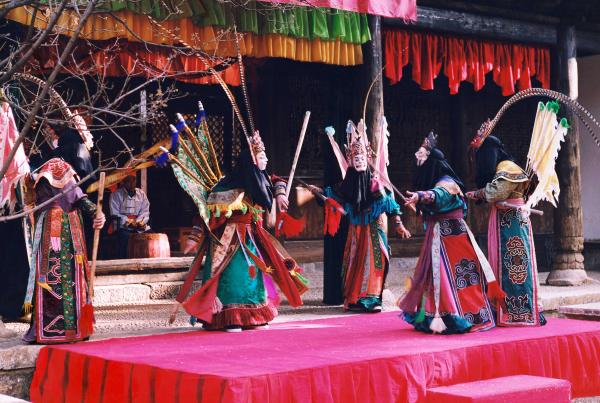
Stills of "Riding Alone for Thousands of Miles"
However, Zhang Yimou's narrative strategy is not to create fog. He is good at adapting literary works and able to handle grand historical themes with ease. He is not interested in deconstructing history and reshaping the past, but focuses on how memories are passed on. He knows very well that the truth of history is the frame of film in "One Second" that is destined to be buried in yellow sand, but the real memory will remain in the minds of ordinary people, and will "return" at the right time to appear in public. Published serious literature, folk oral literature, and story texts of dramas and movies.
Perhaps because of this, Zhang Yimou is obsessed with the value of literature and firmly believes in the power of images. He has been combining literature and images to provide space for group memories with folk attributes to appear. His stories, which are either true or false or even absurd, are actually full of details leading to the depths of memory.
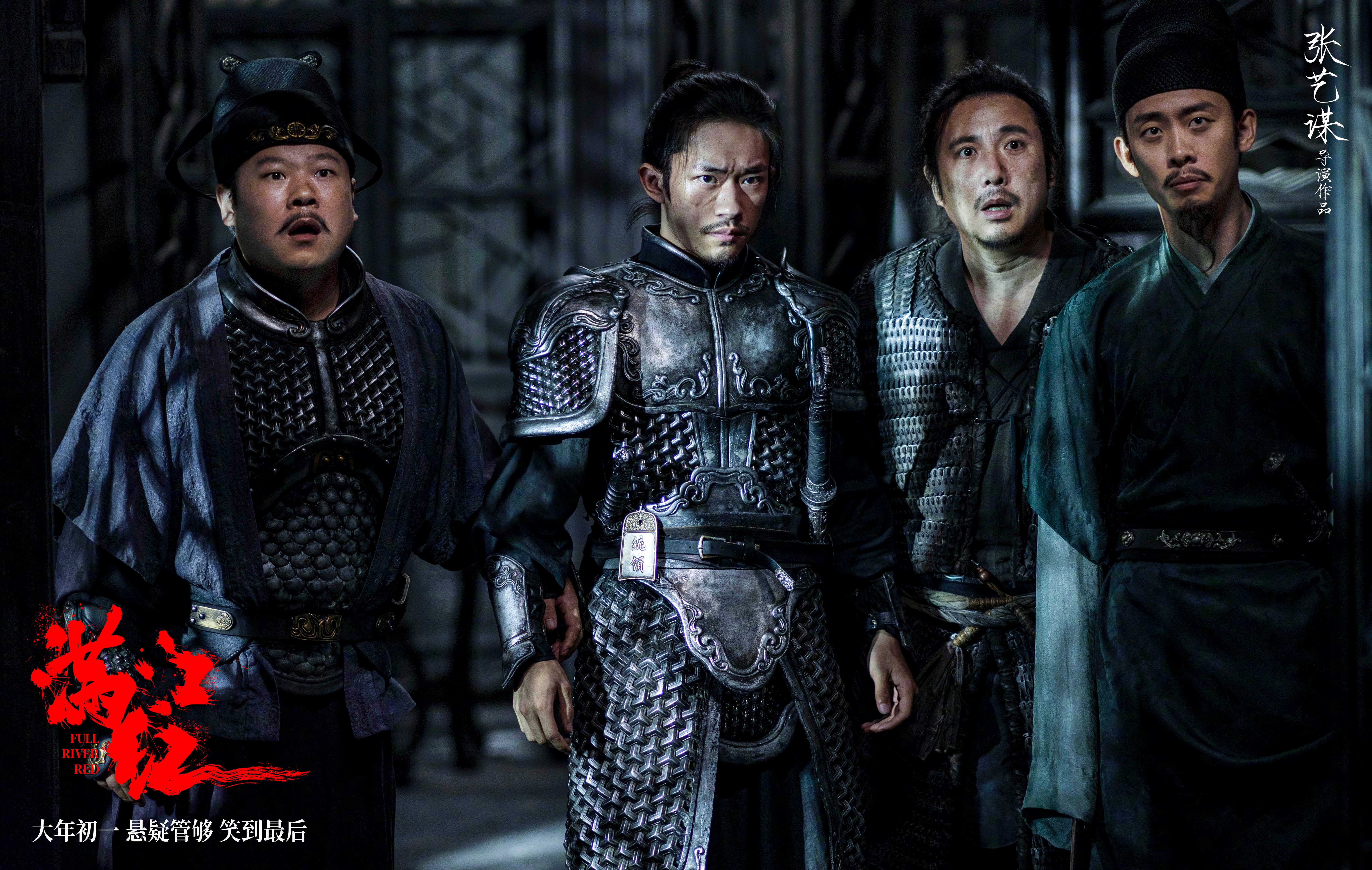
Stills of "Manjianghong"
In "Man Jianghong", the little soldiers Zhang Da (played by Shen Teng), the watchman Ding Sanwang (played by Pan Binlong), the coachman Liu Xi (played by Yu Ailei), the dancer Yaoqin (played by Wang Jiayi) and other small people do not hesitate to sacrifice their lives. Let the memories that unite the collective emotions come back. The purpose of their joint action is different from the "Assassin of Qin" in "Heroes". It is not to let Qin Hui (played by Lei Jiayin), one of the culprits who killed Yue Fei, pay for his life, but to let him tell the public that Yue Fei is staying in prison. The suicide note on the middle wall, which had been destroyed by him, exposed his secret communication with the Kingdom of Jin.
The brilliance of Zhang Yimou lies in the fact that Qin Hui's subsequent actions did not reverse his treacherous image in the hearts of the Chinese people, because the person who recited Yue Fei's popular poem in public was not Qin Hui himself, but his substitute. Of course, Qin Hui's self-defensive lines in the film are reduced to jokes.
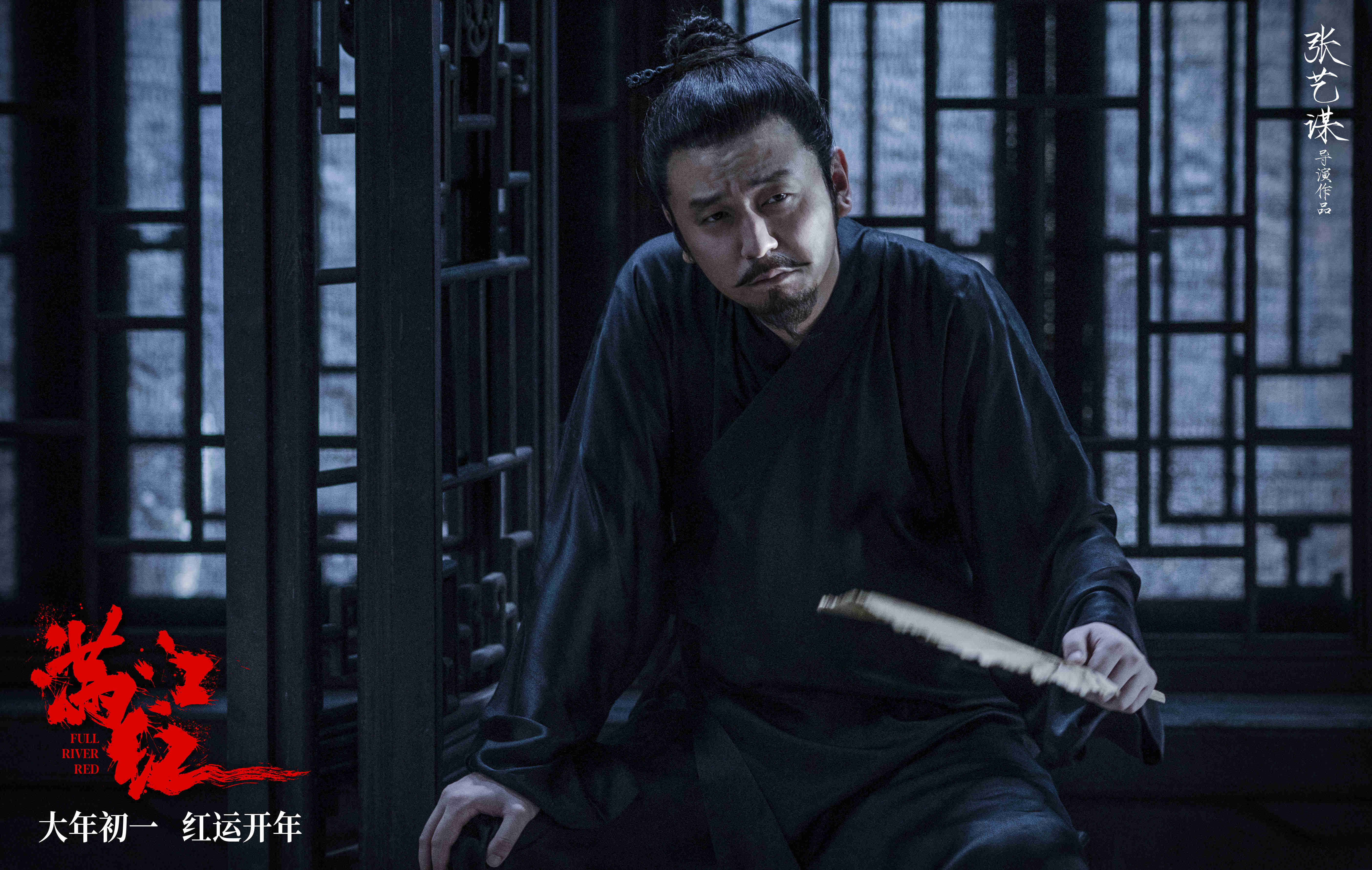
Stills of "Manjianghong"
Regarding the role of memory, or the significance of retaining memory, Zhang Yimou expresses it through several levels. Little people like Zhang Da, who had been reborn under General Yue's command, were grateful for his righteous deeds and indignant at the injustice he suffered. They simply wanted to expose Qin Hui's despicable behavior and let the world remember Yue Fei's noble character.
Sun Jun (played by Yi Yang Qianxi), the deputy commander of Qin Hui's personal battalion, eventually became the key figure in the implementation of Zhang Da and others' plan, and Qin Hui's stand-in emotionally got rid of his puppet identity by committing suicide after reciting "Man Jianghong: Angry Crown". Speaking of Yue Fei's tragic life also stirred up waves in the power circle and changed their behavior. When the soldiers of the pro-barracks chanted this poem in a ceremonial way, the passionate memory about Yue Fei was collectively awakened, and the love of the family and the country was concretely carried. The relay reciting by Liu Xi's young daughter shows that Yue Fei's spirit is immortal and will be passed down from generation to generation.
What is quite interesting and thought-provoking is that although Zhang Da and others held the letter containing the evidence of Qin Hui's treason in their hands, they did not have the idea of handing it over, but took the letter as if they had been tricked out of Qin Hui's mouth. The bargaining chip for Yue Fei's poem, because the current situation has awakened them early, Song Gaozong Zhao Gou and Prime Minister Qin Hui, there is essentially no difference. The black bird that Zhao Gou gave to Qin Hui explained everything.
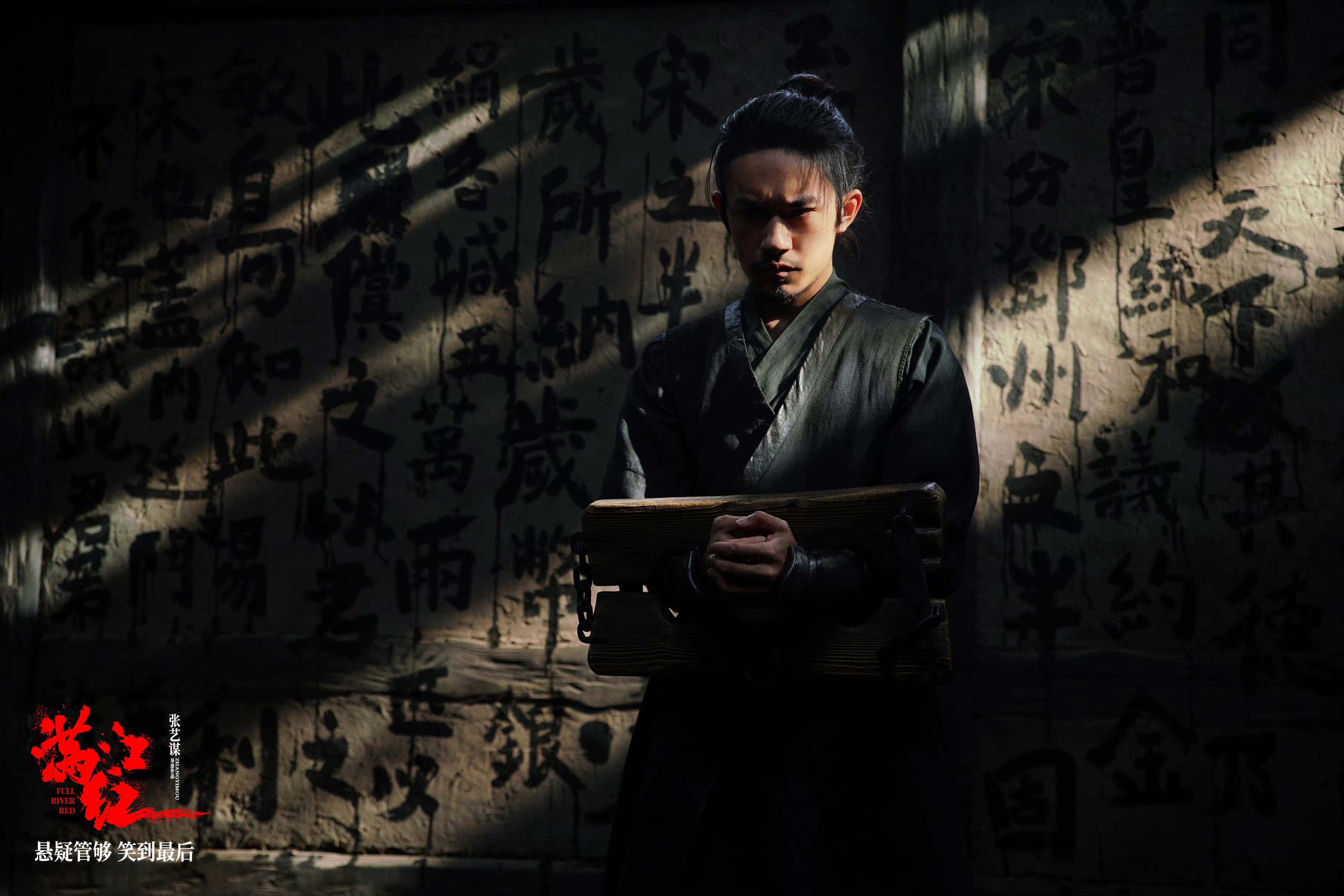
Stills of "Manjianghong"
This makes the seriousness of "Man Jianghong" not only not digested by the comedy elements, but also makes the film have a humanistic thickness that can be discussed side by side with some international masterpieces. The famous Spanish director Almodovar also filmed "Parallel Mother" at the age of 70, which also allowed ordinary adults to complete the writing about the country's past and collective memory, and let ignorant children witness the writing process .
In fact, the comedy element is indispensable for "Man Jianghong". About three-quarters of the scenes in the first part of the film are related to the late-night action. The color tone of the image is almost dark blue, and it does not turn bright yellow until dawn. Although this is consistent with Zhang Yimou's previous heavy use of color in terms of form and style, it also makes the audience feel depressed. In addition, there are many positive scenes of killing and execution in the film, and the tone of the whole film is relatively bleak.
The comedy elements mainly contributed by Zhang Da and Wu Yichun (played by Yue Yunpeng), the deputy director of the Prime Minister's Office, not only acted as a function to adjust the tense atmosphere of the film, but also played a protective role like the armor on Sun Jun and other soldiers. Chun and others hide their true identity or purpose.
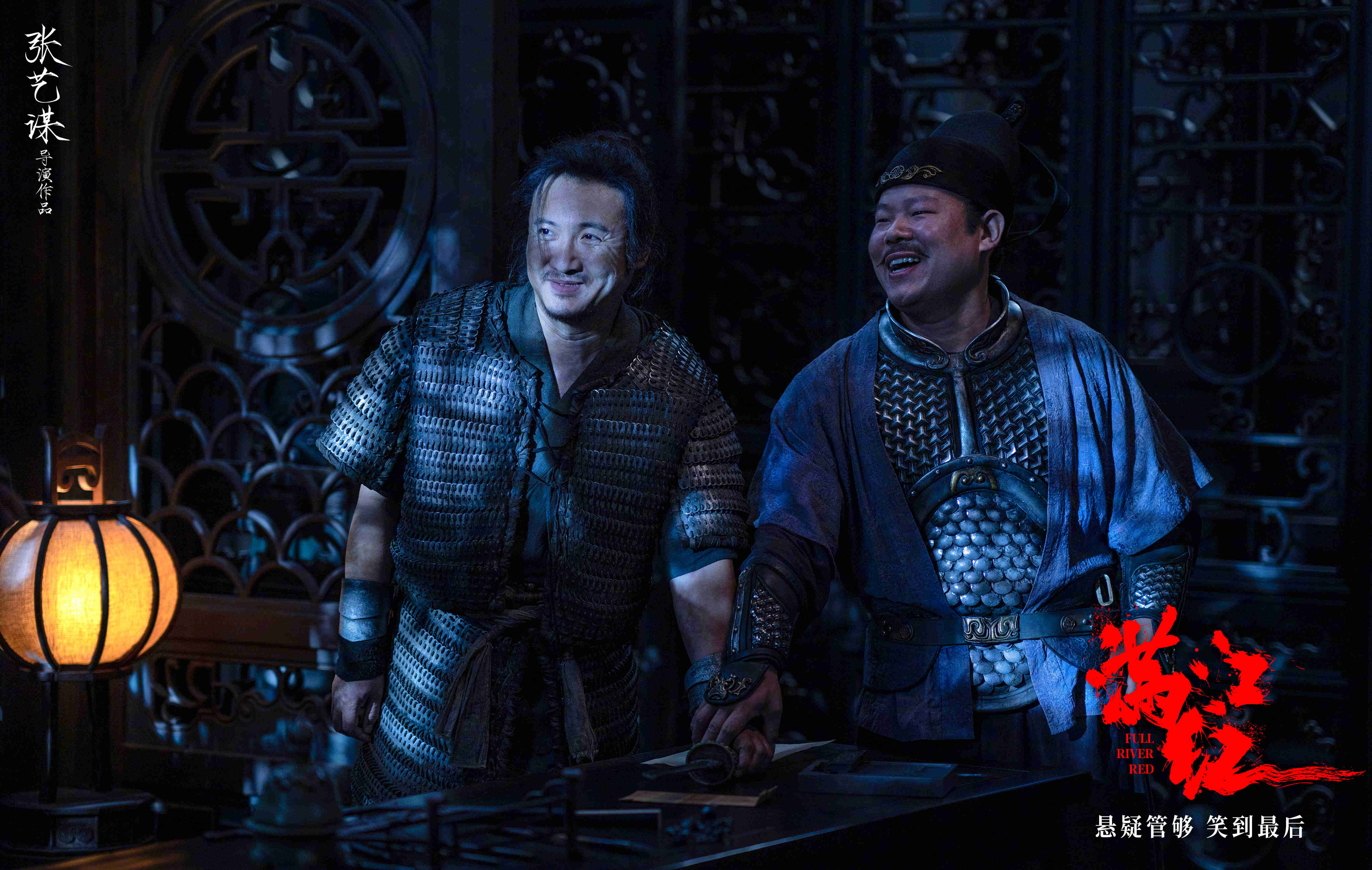
Stills of "Manjianghong"
In addition, under the training of Zhang Yimou, the leading actors of "Manjianghong" all have performances that break through their previous images. Shen Teng and Yue Yunpeng showed the ability to move freely between a hippie smile and a straight face. Lei Jiayin, with a simple and honest face, interprets the meaning of hiding a knife in a smile. Yi Yanqianxi, who was decisive at the beginning, has no shadow of the youthful characters he has portrayed in the past. He completes the transformation of the character with a comfortable and more convincing mature performance-as an actor, he has a bright future. immeasurable.
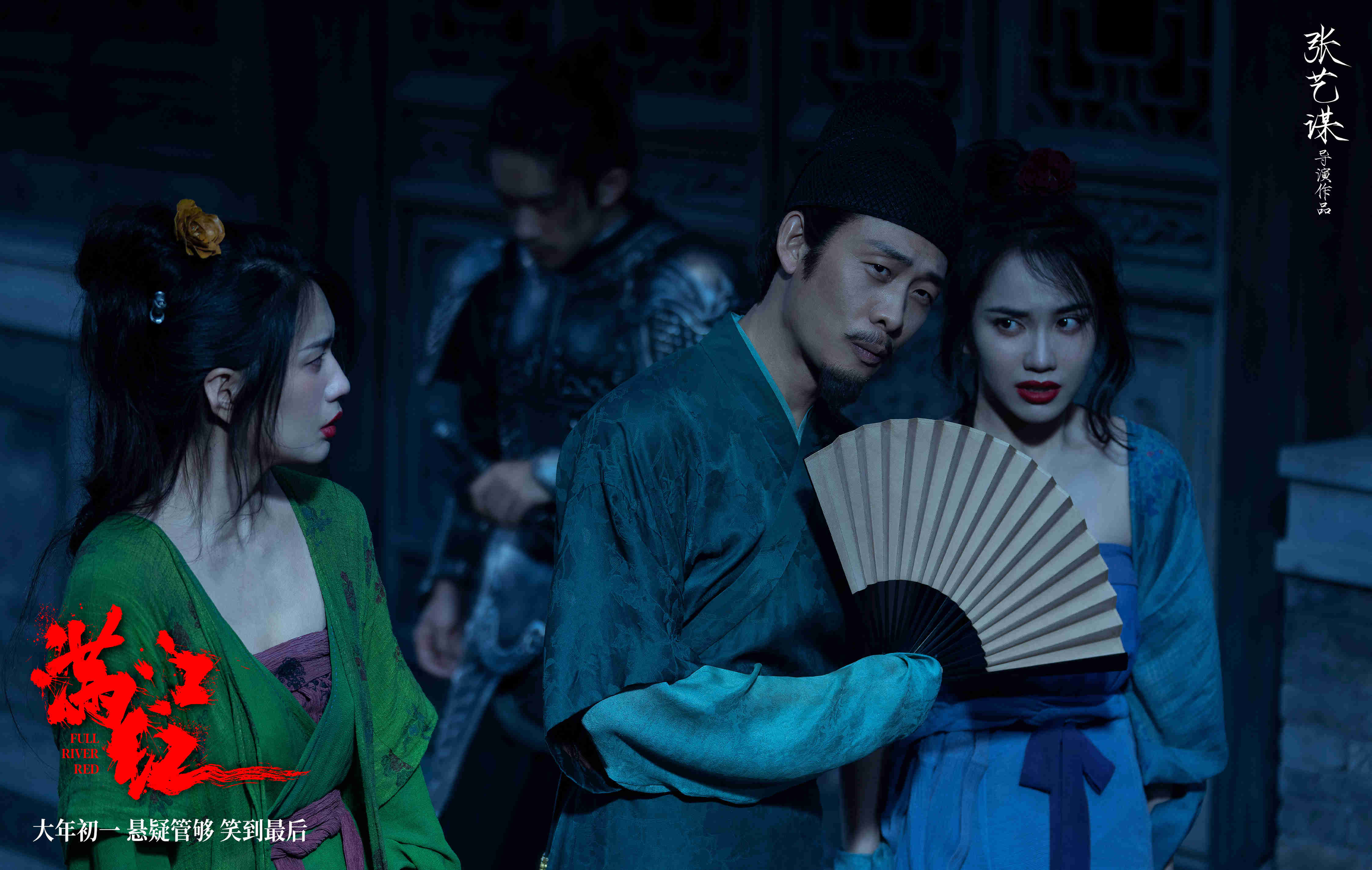
Stills of "Manjianghong"
Zhang Yi, who plays the role of He Li, the head of the prime minister's office, is already the fourth time to cooperate with Zhang Yimou. The character He Li is very different from Zhang Yi's roles in "One Second", "Above the Cliff" and "Sniper" in terms of temperament and behavior.
Zhang Yimou himself has also proved to the audience time and time again that he is "a sword that is not old" through his new work "Man Jianghong" and "One Second", "Above the Cliff", "Sniper" and "Shadow" in recent years. His pure love for film art, his insistence on innovative film types, and his ability to absorb and adapt other art categories should really make some young film creators feel ashamed.
